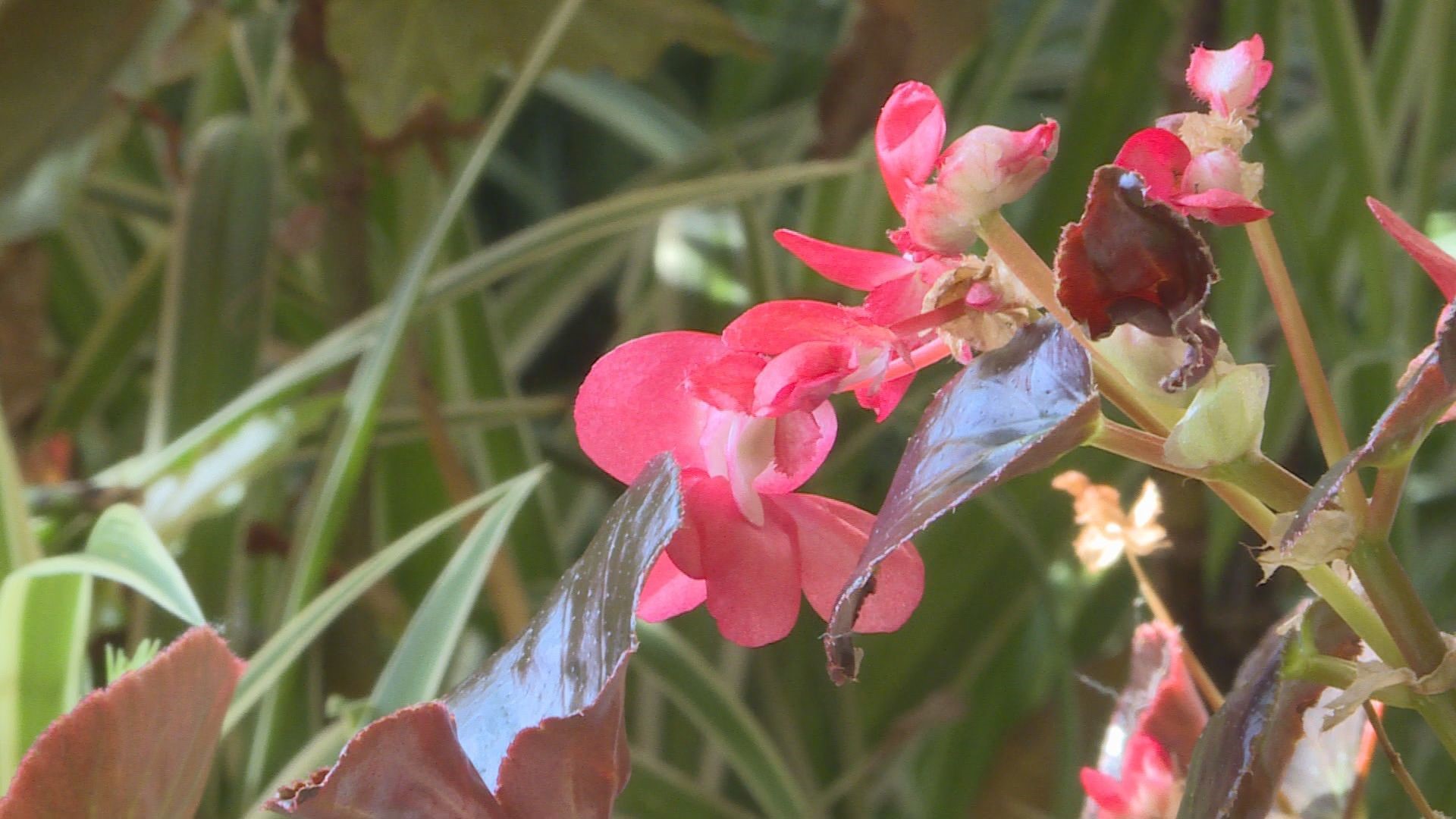DENVER — The five main insects that may be bothering your plants are whiteflies, aphids, mealybugs, spider mites and scale. All of these are sucking insects, rather than chewing ones. They're the vampires of the bug world, sucking the life out of your plants.
Most insects can be controlled by using a soapy spray. The soap must be a pure soap, not a detergent. I use Dr. Bronner's Castille Oil Soap. Pour a tablespoon or two in a quart bottle with some water. Shake and spray. Concentrate on the undersides of leaves where insects congregate. You must make a direct hit on the insect. The soap softens the exoskeletons of the insects, so they melt away or drown in the soapy spray.
Neem oil can also be used to spray insects. It's effective on the five main culprits. In addition, cotton swabs dipped in rubbing alcohol will kill mealybugs and scale, which are often found in crevices and joints of plants. Leaves that are heavily infested with scale should be cut off and thrown in the trash--not your compost pile.
Yellow sticky paper can also be hung in areas where you have infected plants. This helps to control flying insects such as whiteflies and aphids. A combination of all these remedies may be needed.
Bad infestations can also be controlled with a systemic insecticide. Pour the granules on the soil surface, water, and the insecticide will be taken up by the roots and distributed throughout the plant. It will kill any bugs that suck or chew on the leaves.
Never use a systemic insecticide on any plants that may be visited by bees or butterflies. The insecticide may be in the flower pollen. But since we don't have bees or butterflies in our homes, it's safe to use indoors. The protection only lasts six to eight weeks, so the plants can go outside in May safely.
More Proctor's Garden:
> Top stories curated daily just for you! Sign up for the 9NEWSLETTER to get can’t-miss stories, Next and Broncos content, weather and more delivered right to your inbox.

